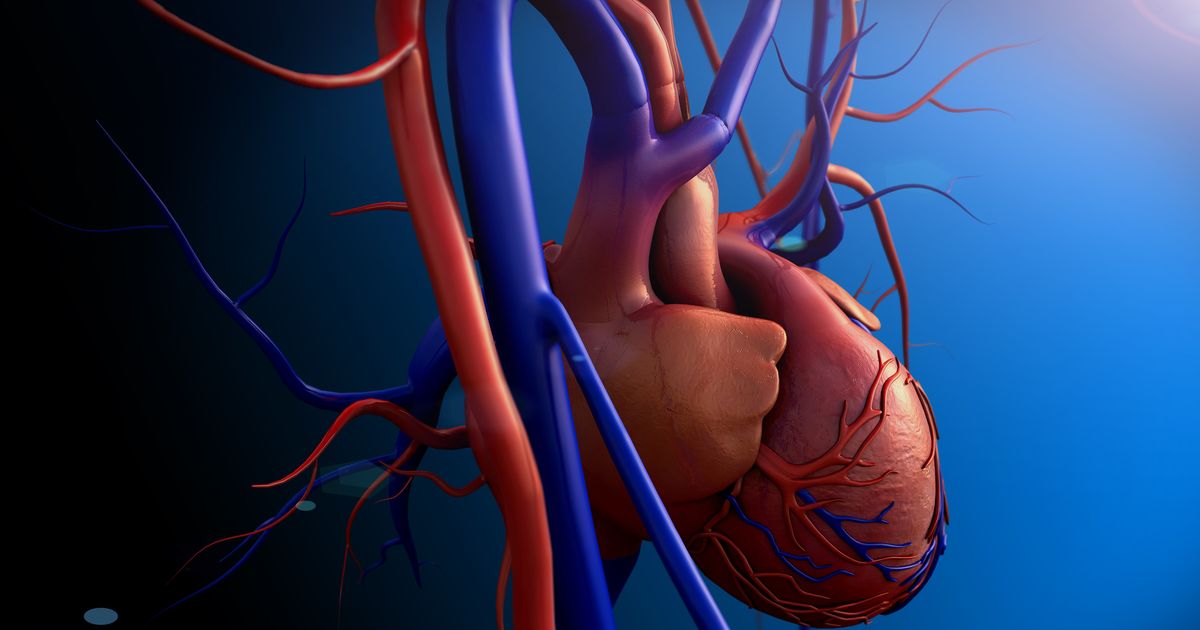Heart Diseases Everyone Needs To Know About
Heart Valve Disease

Heart valve damage is the primary cause of heart valve disease, and this condition can also result in heart failure if left untreated. Heart valve disease can be characterized as one or all four heart valves being stenotic, meaning hardened and restricting blood flow, where the valves function insufficiently or "leak". Common signs and symptoms of heart valve disease include shortness of breath, constant dizziness and fatigue, an intense pressure or weight that is felt in the chest, and experiencing irregular heartbeats. Unfortunately, if heart valve disease causes the heart to fail, additional symptoms may be felt, such as swelling or edema in the feet and lower legs, abdominal swelling, rapid weight gain of two or three pounds in one day, and fainting.
Continue reading to learn the truth about heart failure and how that affects the patient.